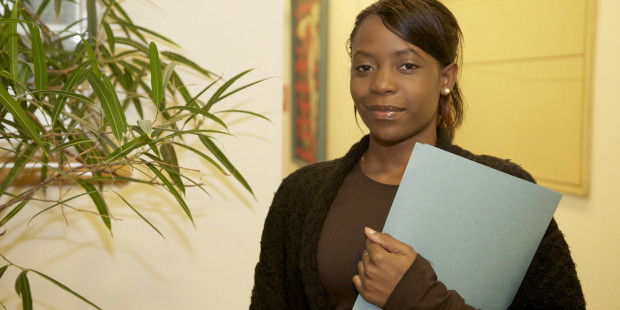Why is dental care so important if you have HIV?
Side effects of some HIV treatment can cause problems in the mouth, and you may be at higher risk of some oral health problems if you have a low CD4 count.
NHS dental services can provide treatment to protect and maintain your dental and oral health. However, if you’re over 18 you can't usually get orthodontic treatment (dentistry relating to malpositioned teeth and jaws) and cosmetic services from the NHS.
Is dental care free?
Unlike some other NHS services, there are usually charges for dental services. However some people, including those on certain benefits, or who are pregnant or have had a baby in the past year, are exempt from these charges.
In theory, everyone who is eligible for NHS treatment and care should be able to access NHS dentistry. But it can be difficult to find a dentist who accepts NHS patients. To find an NHS dentist near you try visiting the NHS dentist finder.
Should I tell my dentist I have HIV?
When you go to the dentist, you may be asked to provide a medical history and this may include a question about having HIV. The dentist only really needs to know this so they can check for signs of HIV-related problems in the mouth.
Should dentists treat me differently because I have HIV?
Dentists often think that they need to take extra care when they have a patient with HIV. They may be more careful about cleaning and sterilising equipment, wanting to prevent HIV being passed on. But standard infection control procedures (known as universal precautions) are designed to prevent transmission of HIV and other infectious diseases.
According to the British Dental Association:
- The same procedures should be used for all patients.
- It’s unethical as well as unlawful (under the Equality Act) to refuse dental care to people with HIV. This applies both to NHS and private dentists.
It’s also illogical – lots of people have HIV without knowing it, so dentists treat people who have HIV anyway, and need to follow universal precautions all the time.
Sometimes dentists tell people with HIV have to take the last appointment of the day, to allow for extra sterilisation. This is likely to be ruled illegal under the Equality Act 2010, which covers indirect discrimination.
Just like other healthcare workers, dentists and their staff are obliged to maintain strict standards of confidentiality.
Complain about a dentist
If you've had problems with an NHS dentist, you can make a complaint, as with any NHS service.
The British Oral Health Foundation can explain how to make a complaint.




